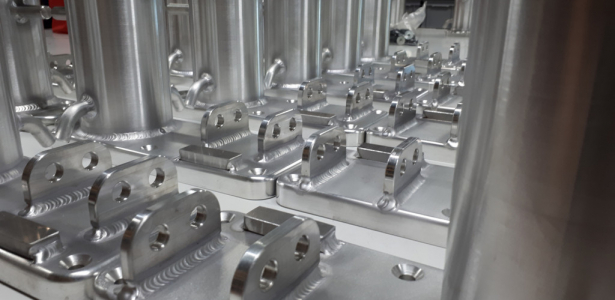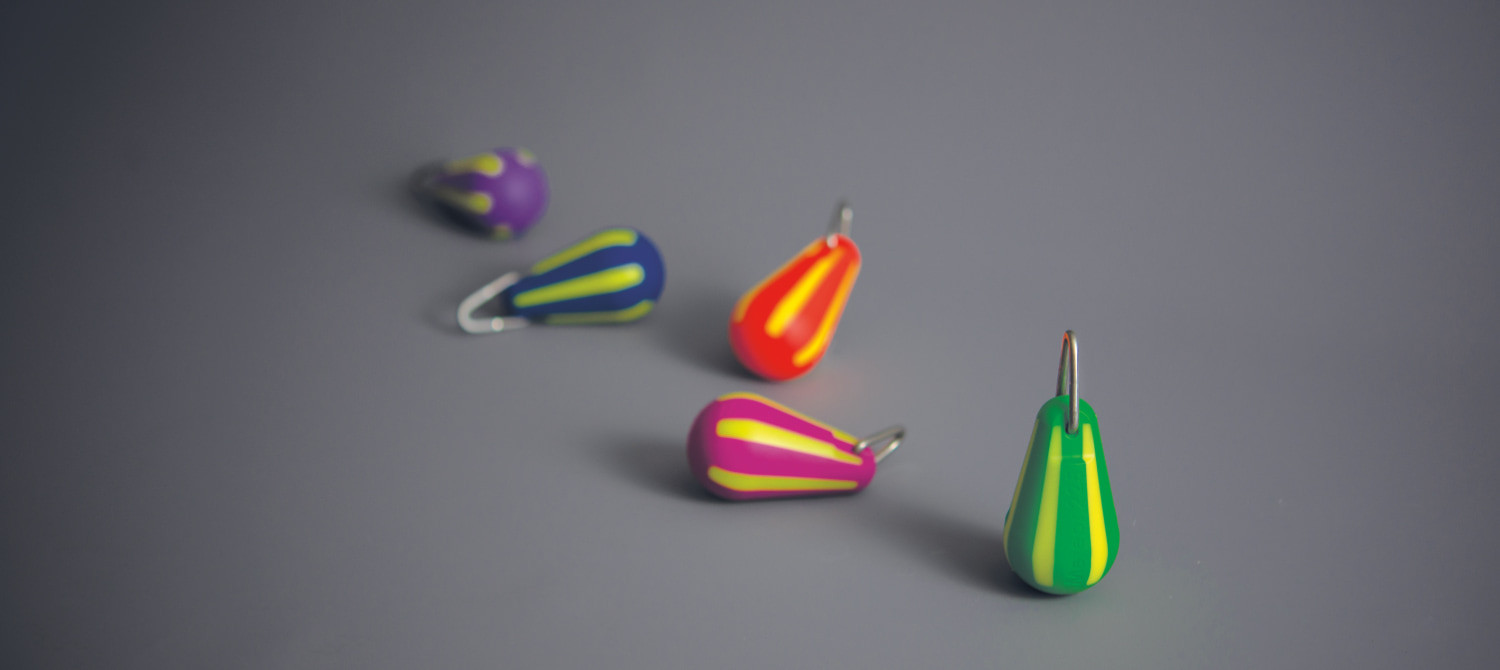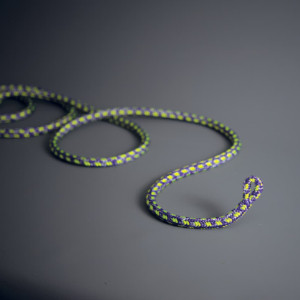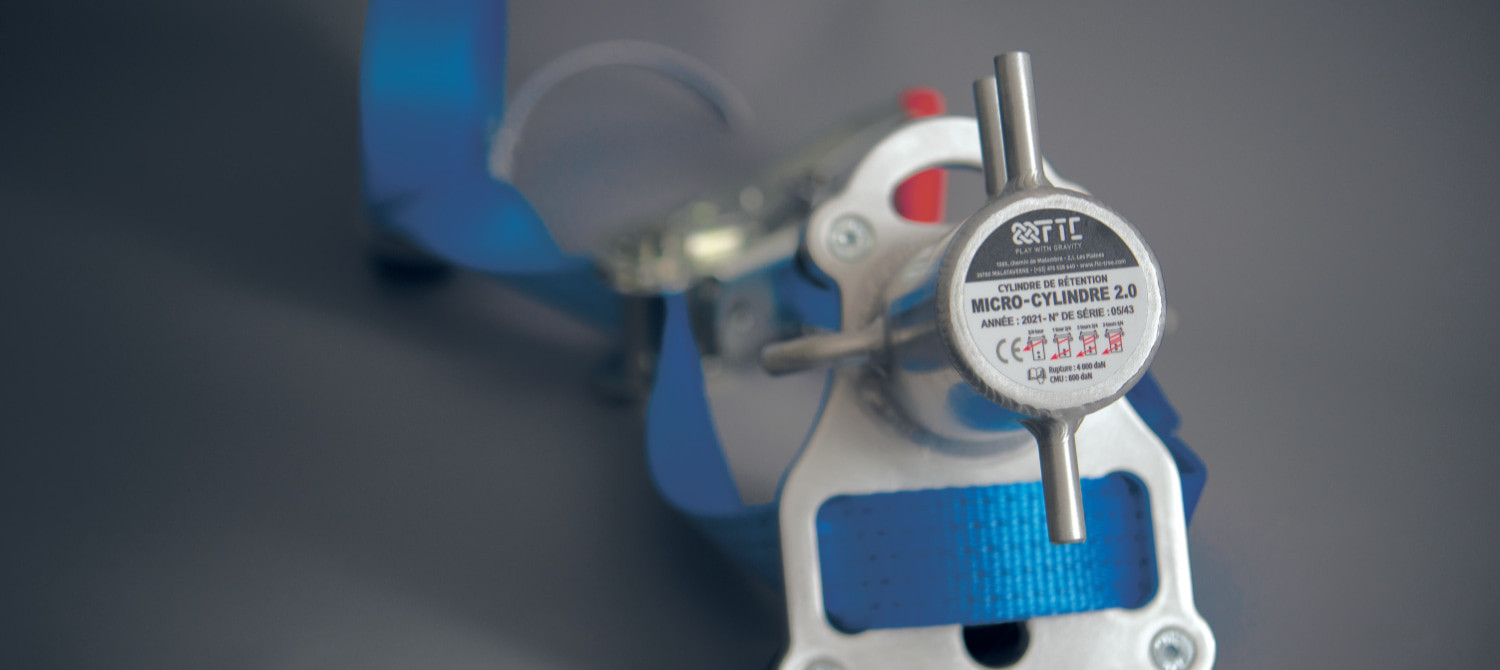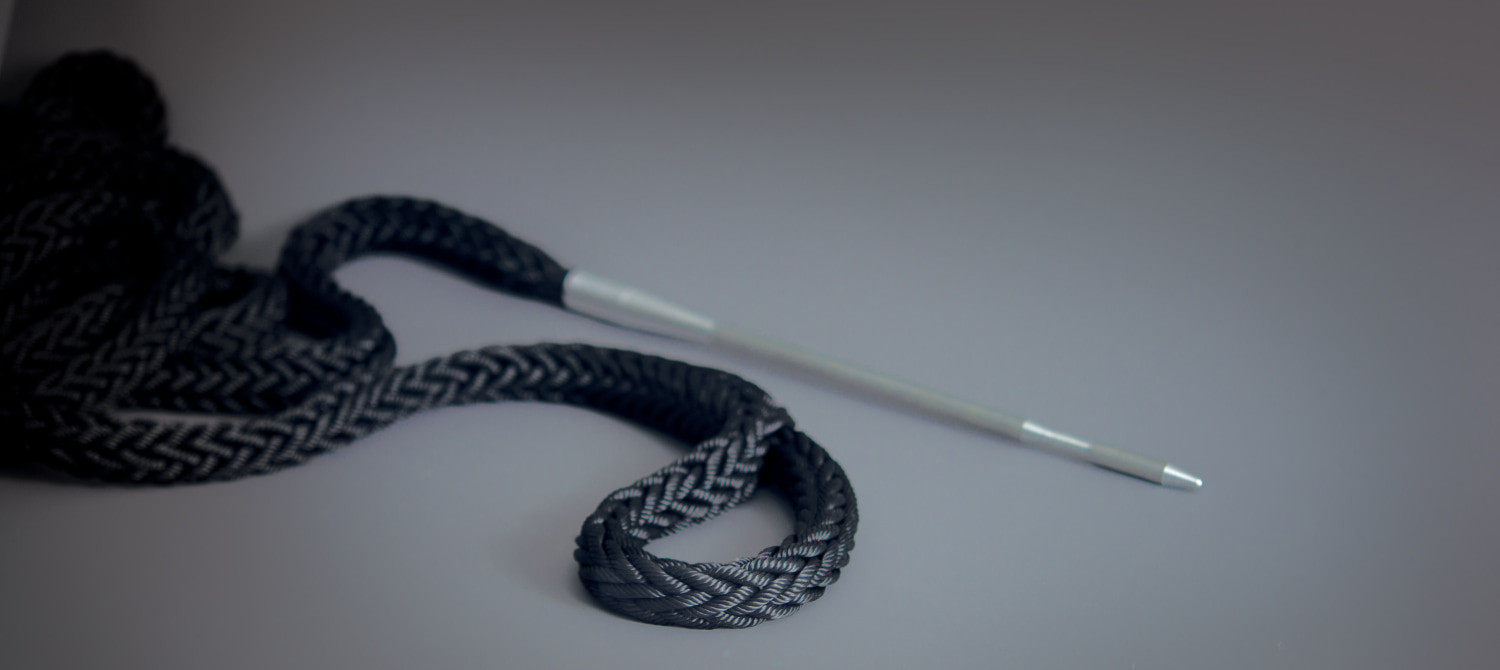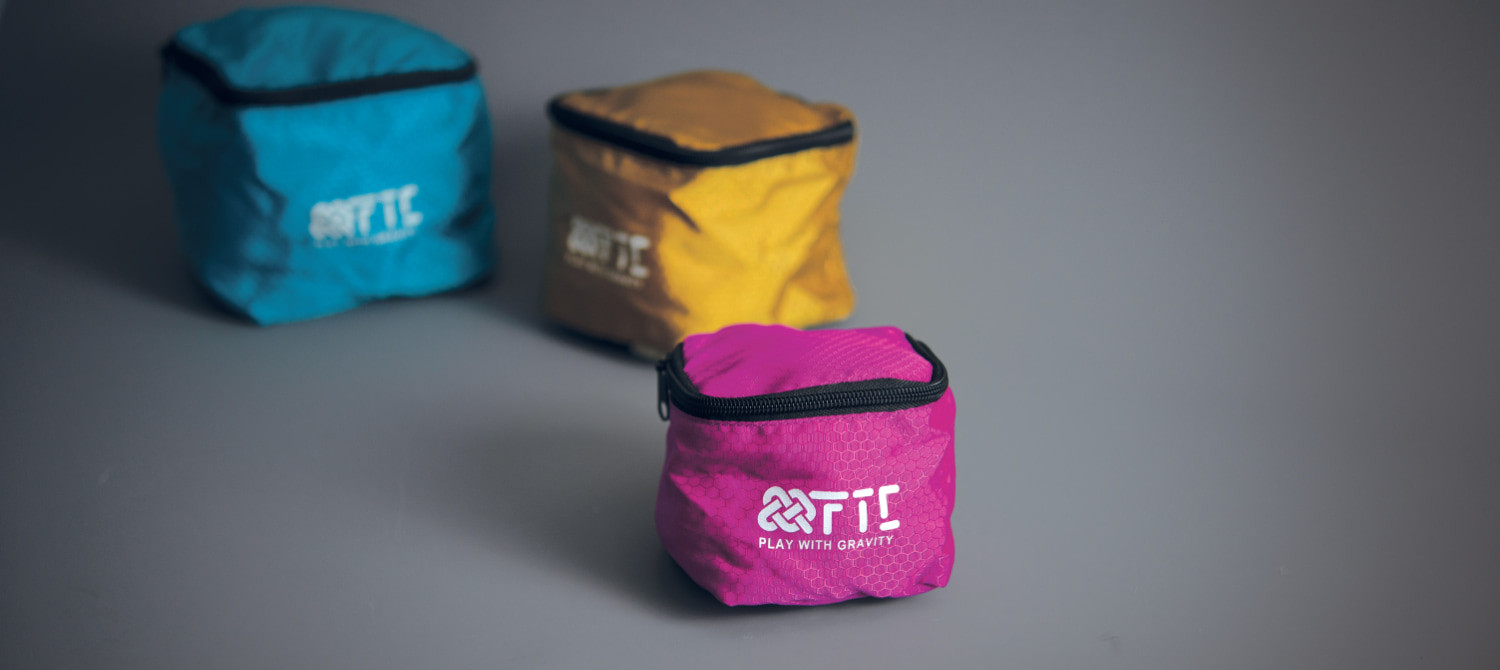FTC has been manufacturing aluminium friction devices for 15 years, even though a majority of the devices on the market are made from steel.
The choice to use aluminium was deliberate and strategic:
- It’s a very good heat conductor, since its thermal conductivity quickly disperses the heat generated by rope friction through the device and into the air. This dissipation of heat prevents the system from reaching a melting point with your polyester ropes, making them last longer. On the contrary, steel has difficulty conducting and dissipating heat, so you need to pay much more attention to rope damage when using steel devices.
- Lighter than steel: aluminium is one-third the weight of stainless steel. Therefore, our friction devices are lightweight. For example, at 5.9 kg, the MINI-CYLINDER HR is effortless to transport.
- Resistant: aluminium is a highly resistant material used currently in the automobile and aerospace industries, as well as many other fields. Although its mechanical properties are inferior to steel, they are still excellent when the pieces are well dimensioned. When the alloy reaches its limits, it will deform and then “rip apart”. There will never be a clean break.
- It is naturally resistant to external aggressive agents: just like stainless steel, the surface of aluminium oxidises to form a very resistant layer—much like a protective shield. This shield is very resistant to humidity, abrasion, etc., which makes the device perfect for outdoor use.
- Aluminium is 100% recyclable. We pay careful attention to the recycling possibilities and lifecycles of our products and look to be the most respectful as we can be to the environment.
Now you understand why aluminium - when used correctly - proves to be an excellent ally!

